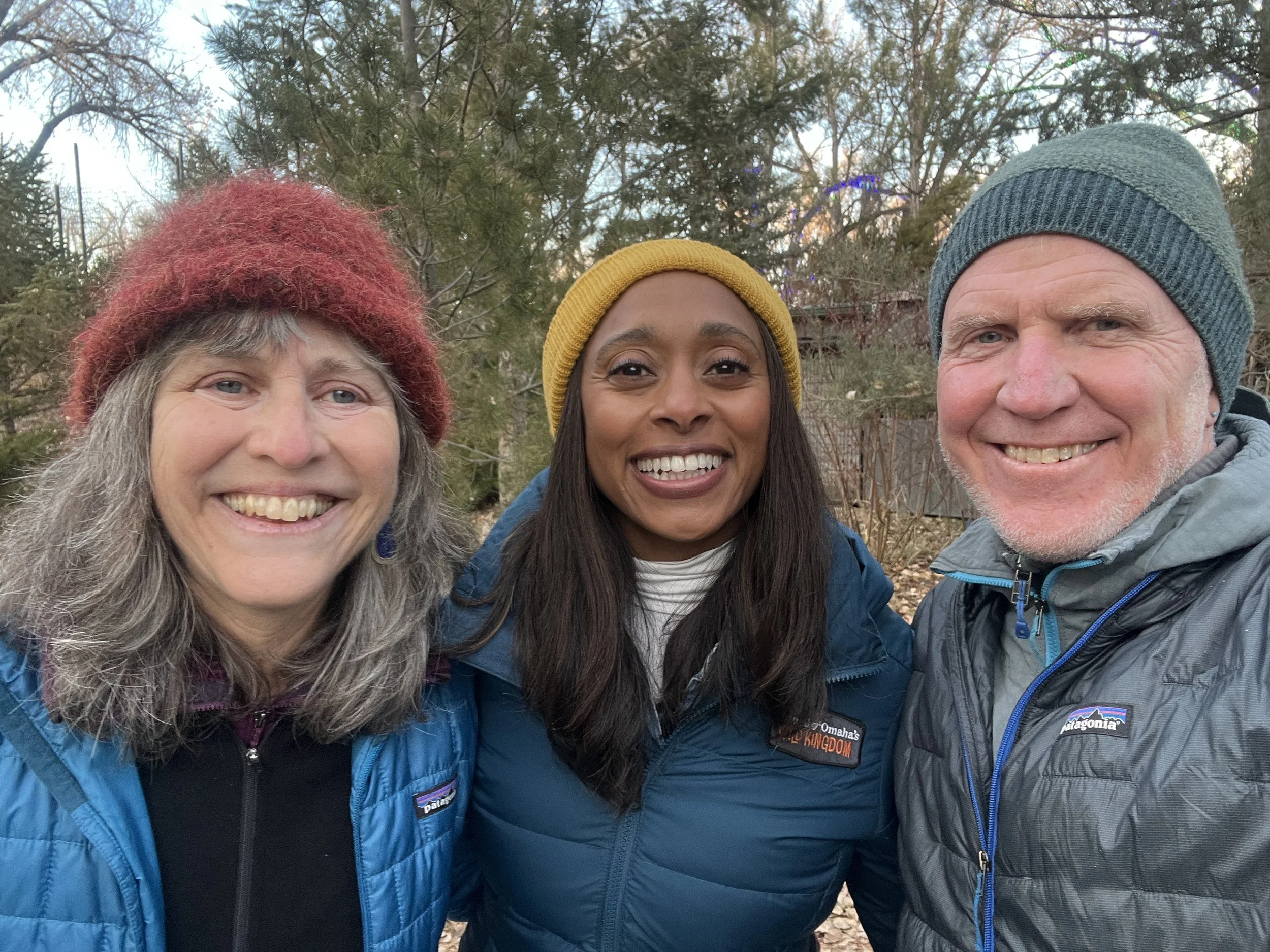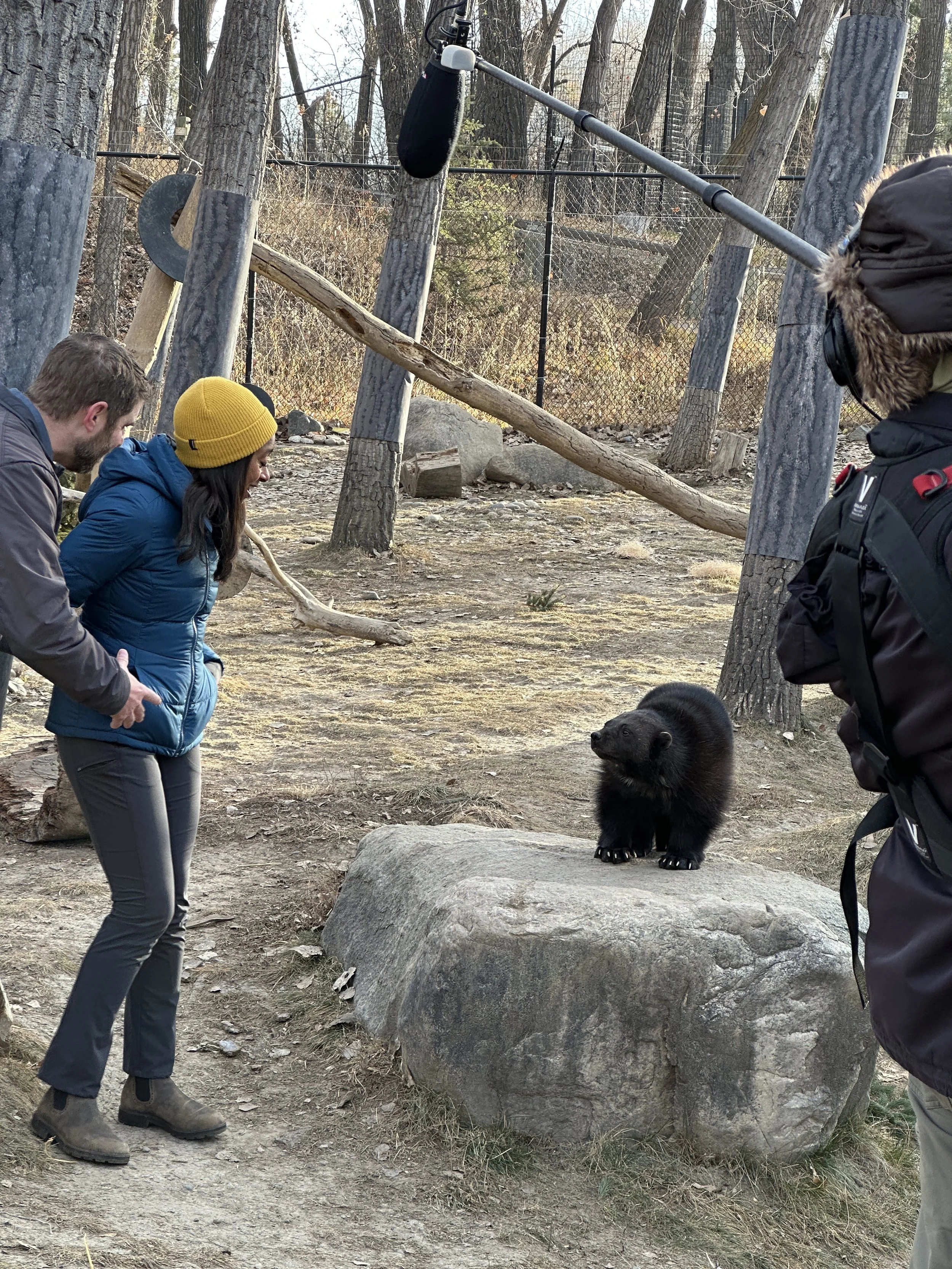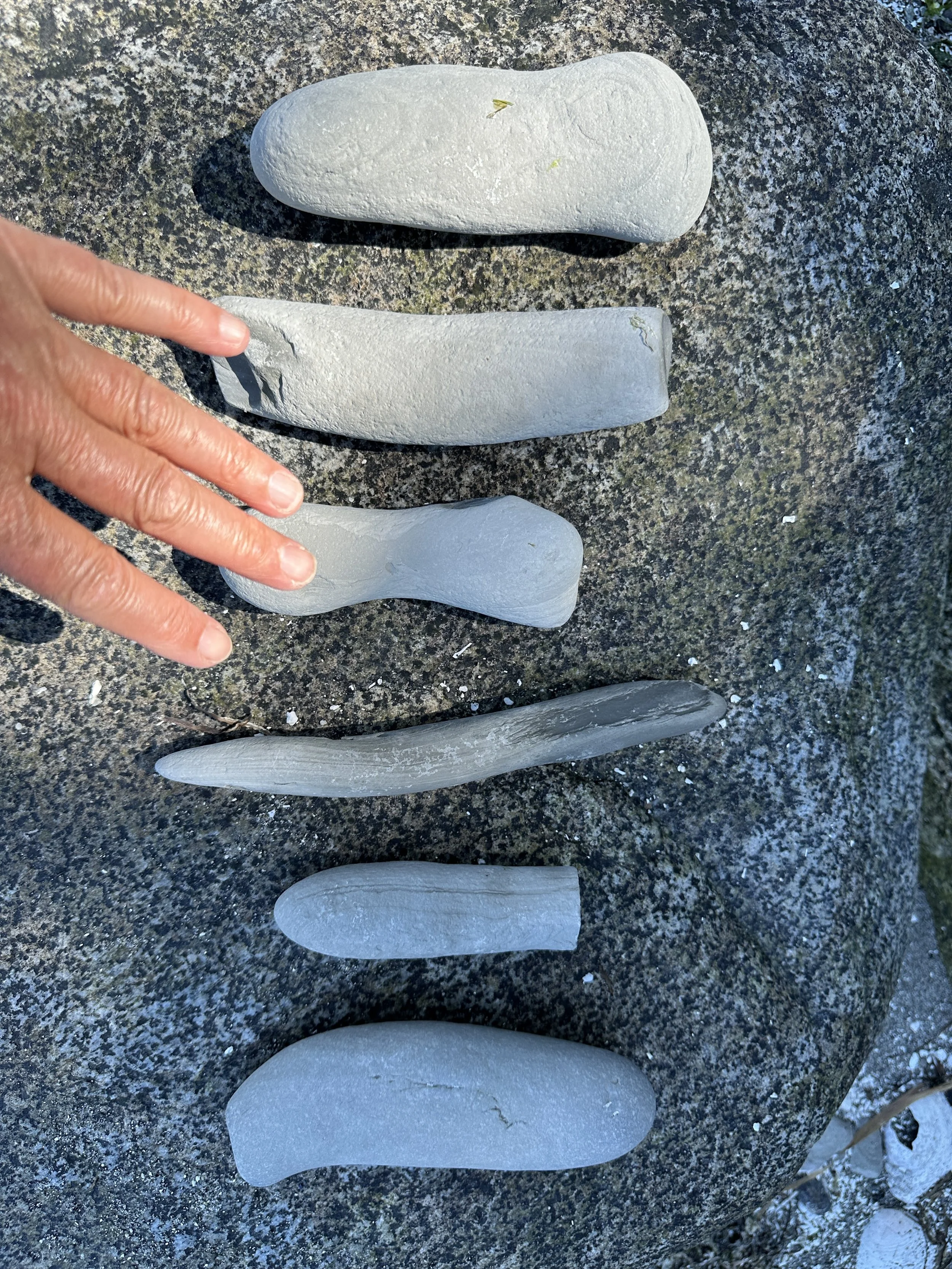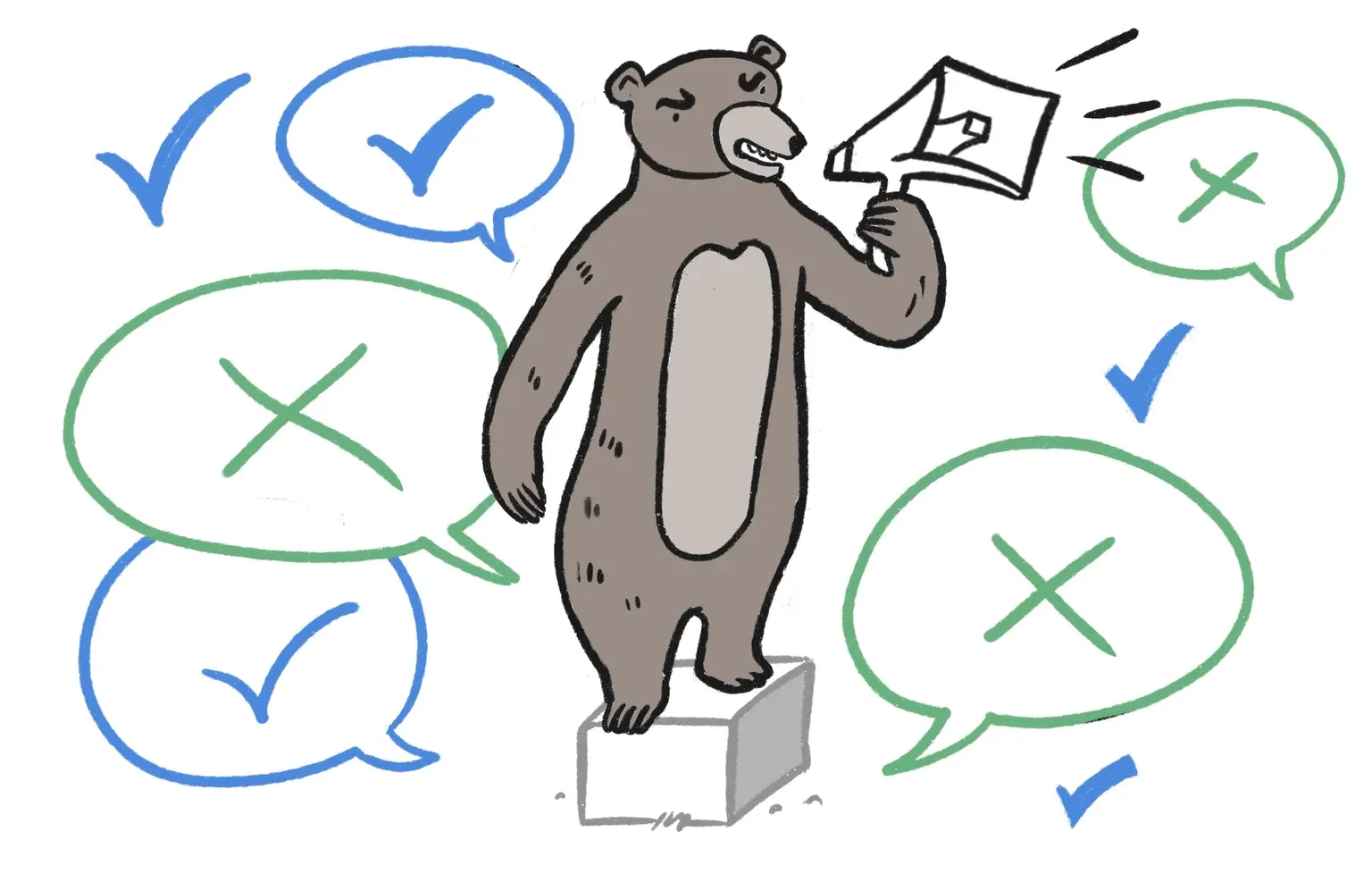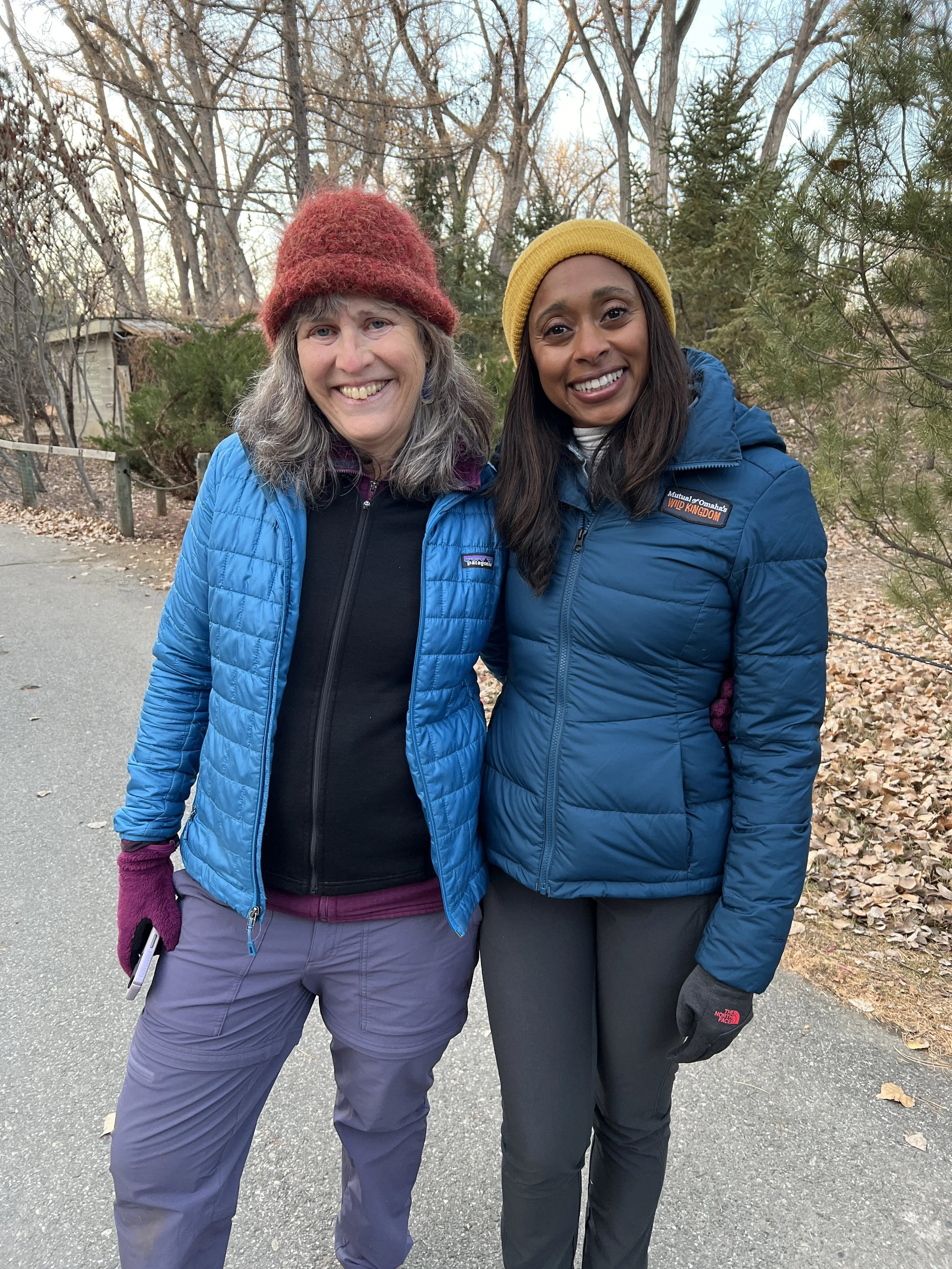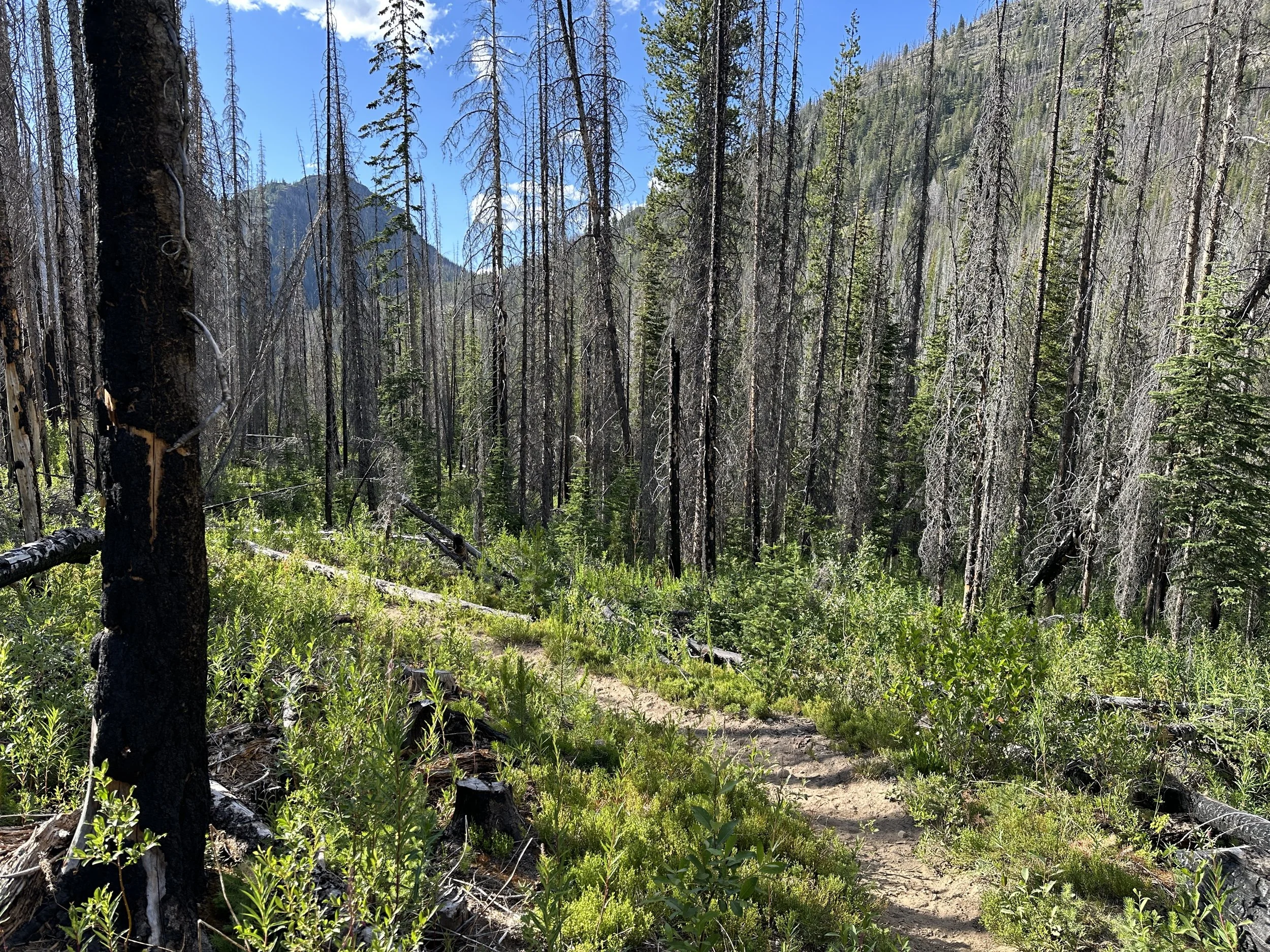
Wild Prose
Where Writing Meets Wildness
Wild Prose is a blog for people who cherish wildness. Enjoy field notes, essays, and other wild musings.
Please subscribe at the bottom of this page to receive my occasional e-newsletter.
Wild Kingdom Now Streaming
I was thrilled to watch the wolverine episode of Mutual of Omaha’s Wild Kingdom Protecting the Wild live on Thanksgiving weekend, and I hope some of you were able to join me. If not, or if you’d like to share the episode with others, it is now available for free streaming on NBC.com.
Behind-the-Scenes: Wild Kingdom
Today, Woodland Park Zoo published my teaser blog post about being part of Mutual of Omaha’s Wild Kingdom Protecting the Wild’s new episode on wolverines, which will air on Saturday, November 29. In the post, I share a few glimpses of what it was like to work with the show’s co-hosts and film crew—and, of course, with the wolverines (and lynx) at ZooMontana. I begin my short essay by reflecting on the important role this show played in my childhood.
Time Traveling with Stones
Tideland magazine has launched my new column, “Wild Wonders,” in its winter 2025 issue. I initiated this quarterly column in celebration of the natural wonders of Puget Sound, which hosts thousands of species of animals, plants, and fungi. My current home region is also renowned for its geological treasures—the focus of my inaugural column.
Hailing a Taxi
In the “Rant and Rave” column of the The Seattle Times (November 8), I gave a shout-out to a taxi driver who brought kindness to a bad day. I told him I would share our story with the newspaper, because we all need more good news. I hope he recognized himself in print.
Connect Magazine: Four Women, One Mission
I’m honored to be featured in a new article titled, “Four Women, One Mission: Shaping the Future of Conservation Science.” The article is published in Connect, the trade magazine for the Association of Zoos & Aquariums, and spotlights several women who appear in the current season of NBC’s Wild Kingdom—beginning with the show’s talented host, Dr. Rae Wynn-Grant.
Featured on Wild Kingdom
In January, I wrote about a memorable trip to Zoo Montana, where my husband and I spent the better part of a day engaging with three wolverines. I’m excited to announce that our visit was captured in an upcoming episode of Mutual of Omaha’s Wild Kingdom Protecting the Wild—scheduled to air on Saturday morning, November 29, on NBC.
AI for Martens
Like many people, I admittedly feel mixed about Artificial Intelligence. I figure we have enough trouble managing our own biological brainpower! But I’m excited about a project Woodland Park Zoo is exploring with the Microsoft AI for Good Lab, which will hopefully benefit our work to conserve Olympic martens.
The Pasayten: Healing in the Burn
The 17-mile backpack up to Ashnola Mountain feels much longer when your legs are burning and the flies are biting. I’ve visited this remote and delectably lonesome destination several times since the 2017 Diamond Creek Fire, which transformed 128,000 acres of the Pasayten Wilderness into a blackened forest of frail and fallen matchsticks. But last week’s trip with Robert and our 12-year-old (now deaf) husky mix, Alder, really upped the ante.
Saving Wildlife: Recovering NW Nature
Seattle’s Fox 13 recently released the second episode of “Saving Wildlife,” their ongoing series highlighting conservation work at Woodland Park Zoo. This episode includes grizzly bear recovery in the North Cascades, and I was invited to talk with the host about why restoring grizzlies here is long overdue.
Saving Wildlife: Discovering NW Nature
In the first of its 3-episode series about Woodland Park Zoo’s conservation impacts in the Pacific Northwest, Seattle’s Fox 13 highlights our regional carnivore research and other projects under the umbrella of the Living Northwest program.
Panel: Tales of the Urban Wild
On the evening of Wednesday, February 26th, I’ll be moderating a panel at Woodland Park Zoo with the authors of the graphic novel, Tales of the Urban Wild: A Puma’s Journey, and Samantha Kreling, a PhD candidate at University of Washington whose research focuses on urban coyotes. The discussion will explore how we can use creative storytelling to enhance tolerance and compassion for carnivores and other wildlife (as well as our fellow humans!)
Rewilding Scout: Take Your Kids to Work Day
Welcome to my new blog series about Rewilding “Scout,” a young Maltese on the path to rediscovering his wild side. I’ll publish posts occasionally so you can join me in watching him grow!
Getting Wild with Wolverines
When Robert and I were recently invited to ZooMontana to spend time with three wolverines, I was slightly apprehensive—though not for the reasons you might think.
Rewilding Earth Podcast: My End-of-Year Update
In follow-up to my 2024 podcast interview about carnivore conservation in the Pacific Northwest, Rewilding Earth invited me to record a brief update as part of a year-end special episode. The episode aired just before the New Year.
Video: Wolverines and Climate Change
Wolverines and Climate Change in Cascadia shows remarkable footage of wolverines in our region and sums up how climate change threatens their future. This 2-minute film was created by Dave Moskowitz and narrated by my husband, Robert Long. I helped edit the script.
Paper: Genetic Connectivity of Wolverines
Monitoring wolverines in the wild is hard work, so I’m pleased that the field data I’ve helped to collect in the Cascades has contributed to an ambitious new scientific publication, “Genetic Connectivity of Wolverines in Western North America.”

